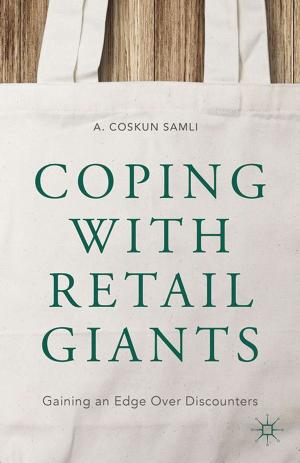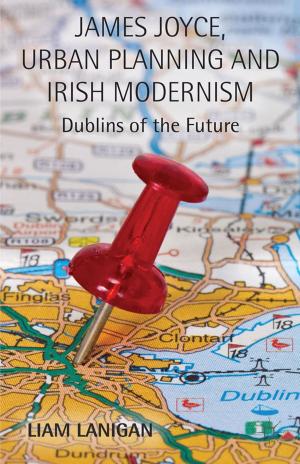| Author: | Professor Martyn Lyons | ISBN: | 9781137019806 |
| Publisher: | Palgrave Macmillan | Publication: | April 19, 2006 |
| Imprint: | Palgrave Macmillan | Language: | English |
| Author: | Professor Martyn Lyons |
| ISBN: | 9781137019806 |
| Publisher: | Palgrave Macmillan |
| Publication: | April 19, 2006 |
| Imprint: | Palgrave Macmillan |
| Language: | English |
Martyn Lyons offers a fresh interpretation of European history in the half-century following the fall of Napoleon. Instead of seeing the period in traditional terms of Restoration and Reaction, this new account emphasizes the problems of remembering and forgetting the recent revolutionary and Napoleonic past, and of either incorporating or rejecting its legacy.
Post-Revolutionary Europe:
- makes interesting comparisons and contrasts between the fall of the French Empire in 1815 and the collapse of the Soviet Empire in 1989-91
- examines the new forms of popular participation in political life which developed between the 1830 and 1848 Revolutions, as a broad public sphere of action was created
- offers a series of thematic chapters which discuss key topics such as peasants and artisans, the bourgeois family, nationalism, the growth of cities, and European Jewry
- covers a wide geographical context, from Britain to the Balkans and from Portugal to Russia.
Illustrated throughout, this clear and engaging text is essential reading for all those with an interest in this important period of European history.
Martyn Lyons offers a fresh interpretation of European history in the half-century following the fall of Napoleon. Instead of seeing the period in traditional terms of Restoration and Reaction, this new account emphasizes the problems of remembering and forgetting the recent revolutionary and Napoleonic past, and of either incorporating or rejecting its legacy.
Post-Revolutionary Europe:
- makes interesting comparisons and contrasts between the fall of the French Empire in 1815 and the collapse of the Soviet Empire in 1989-91
- examines the new forms of popular participation in political life which developed between the 1830 and 1848 Revolutions, as a broad public sphere of action was created
- offers a series of thematic chapters which discuss key topics such as peasants and artisans, the bourgeois family, nationalism, the growth of cities, and European Jewry
- covers a wide geographical context, from Britain to the Balkans and from Portugal to Russia.
Illustrated throughout, this clear and engaging text is essential reading for all those with an interest in this important period of European history.















